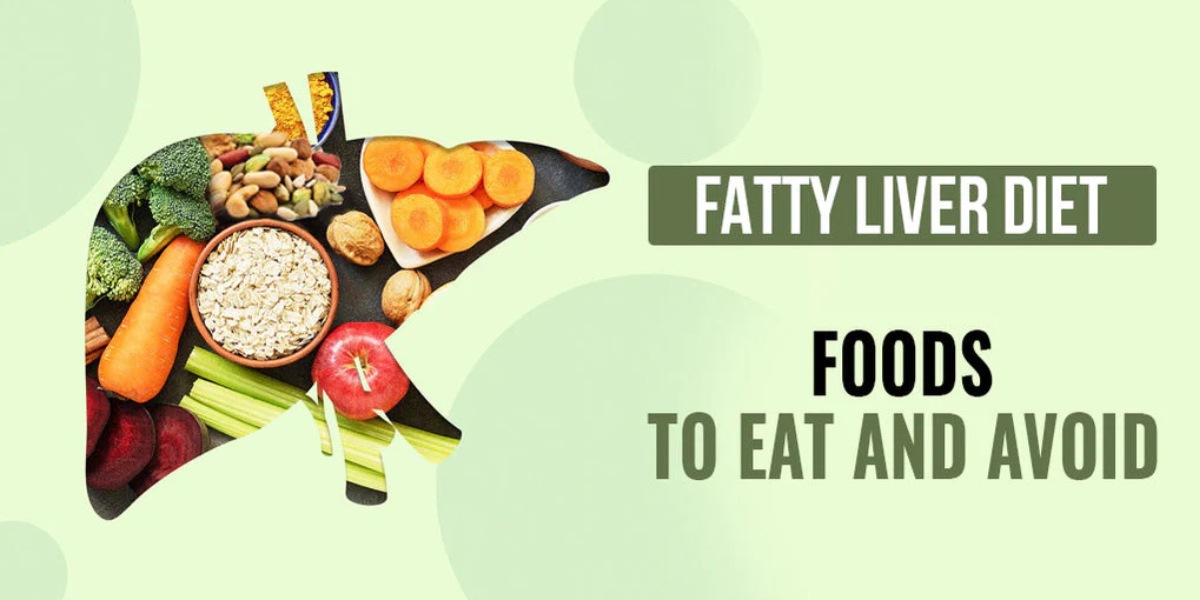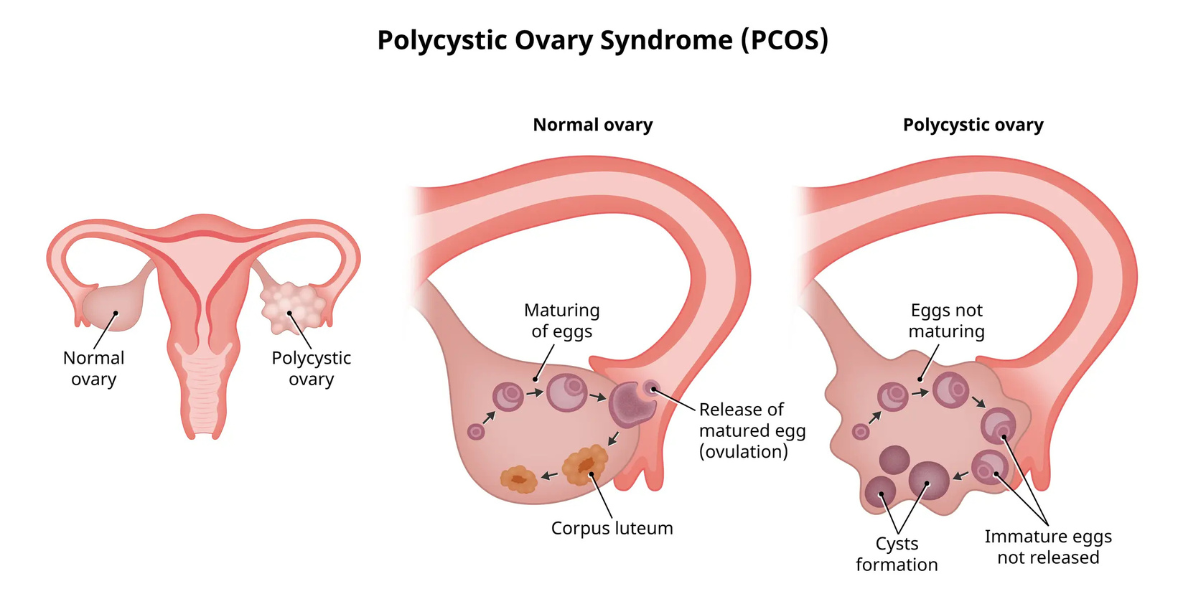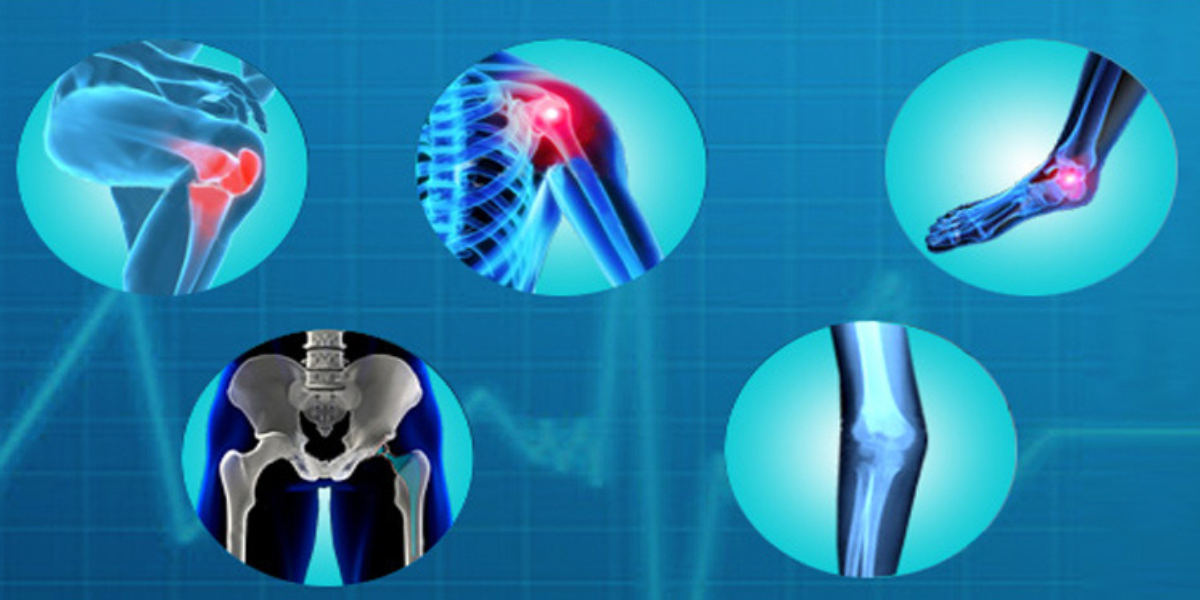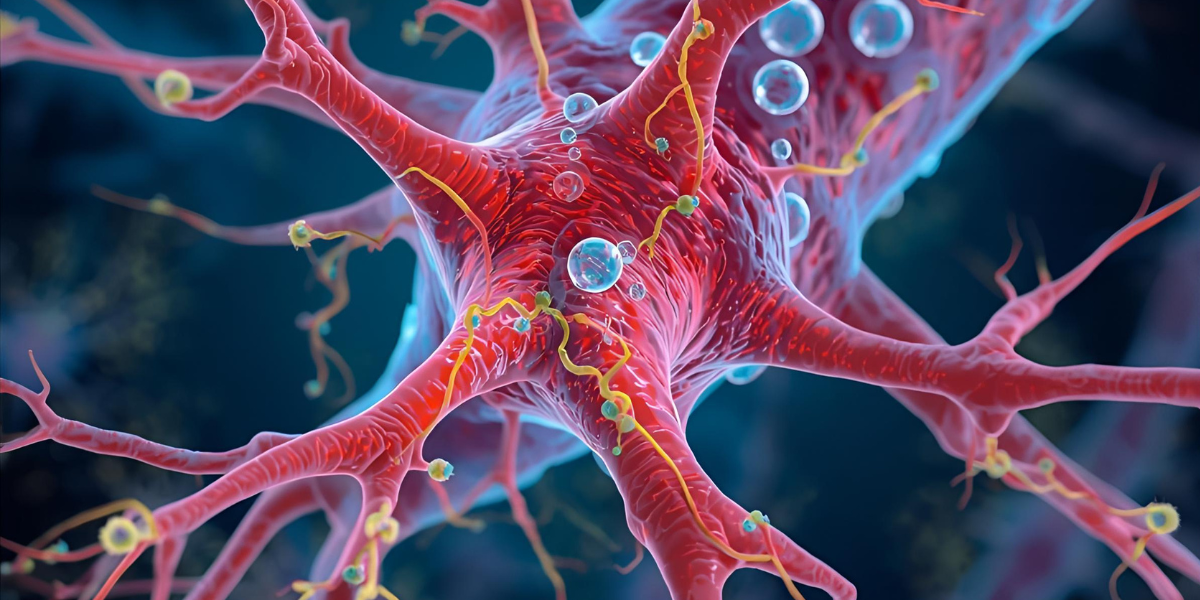
Can Cancer Be Treated Without Chemotherapy?
When most people hear the word “cancer,” chemotherapy is often the first treatment that comes to mind. Chemotherapy has long been a standard treatment, known for its powerful cancer-fighting ability, but also for its harsh side effects. This has led many patients to wonder: can cancer be treated without chemotherapy? The answer is yes, in some cases, depending on the type, stage, and location of the cancer, there are other effective treatment options available.
What is Chemotherapy
Chemotherapy uses powerful drugs to kill rapidly dividing cancer cells. While it’s effective for many types of cancer, it can also affect healthy cells, leading to side effects like fatigue, nausea, hair loss, and increased risk of infection. For this reason, doctors may consider other treatment routes, either alone or in combination with low-dose chemo, especially if the patient’s condition or preferences call for it.
When Can Cancer Be Treated Without Chemotherapy?
Not all cancers require chemotherapy. The decision depends on multiple factors including the type of cancer, stage of cancer, patients age, genetic profile of the tumor, etc. For example, some early-stage prostate, thyroid, and breast cancers can be managed without chemotherapy. Similarly, localized tumors can sometimes be cured through surgery or radiation alone.
Non-Chemotherapy Treatment Options
1. Surgery
In cases where the tumor is localized and hasn’t spread, surgery can be curative. It involves removing the cancerous tissue and surrounding margins. This is often the first choice for cancers like breast, colon, and skin cancers in early stages.
2. Radiation Therapy
Radiation uses high-energy rays to target and kill cancer cells. It’s often used when the cancer is in one area or as a follow-up to surgery to destroy any remaining cells. In some cases, it’s an effective standalone treatment.
3. Immunotherapy
Immunotherapy boosts the body’s immune system to recognize and attack cancer cells. It’s especially useful for cancers like melanoma, lung cancer, and bladder cancer. Unlike chemotherapy, it targets cancer cells more precisely and has different side effects.
4. Targeted Therapy
Targeted therapy uses drugs that specifically attack cancer cells by focusing on genetic mutations or specific proteins. It’s commonly used for cancers like breast (HER2+), lung, and leukemia. Since it doesn’t harm healthy cells as much, it’s often better tolerated than chemo.
5. Hormone Therapy
Some cancers (like breast and prostate) are hormone-sensitive. Hormone therapy blocks or lowers hormone levels to stop cancer growth. It’s often used in combination with other treatments, but not always with chemotherapy.
Conclusion
Chemotherapy remains a vital tool in cancer treatment, but it’s no longer the only option. Today’s medical advancements offer a variety of alternative or supplemental treatments that can be just as effective, sometimes with fewer side effects. The best approach depends on the specific case, so it’s important to work closely with your oncologist to explore all the available options. With the right guidance, a customized, effective treatment plan that may not involve chemotherapy is often within reach.






